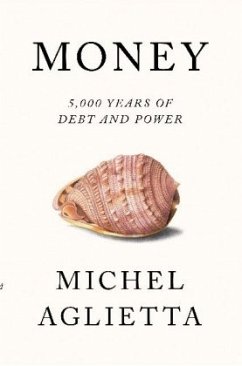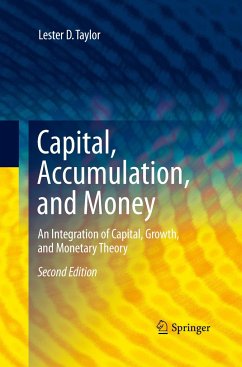Founder of the influential heterodox regulation school offers a new theory of money, tracing it's history back 1,000 years
This book's goal is to understand money in all its complexity. As a link between the individual and the collective, over time money transmits sovereign power to the economy, by way of its grip on finance and thus on the debt system. But liquidity is also the object around which everyone's desires are polarised. Keeping a hold over this ambivalence demands the construction - and continual bolstering - of confidence. For from the destruction of this confidence come the crises that resurrect the absolute desire for liquidity, paralysing activity.
Money is embedded in our societies, and we can only understand it by way of a multi-disciplinary approach that mobilises the tools of anthropology, history and political economy. This book covers five thousand years of history in order to grasp the unity of money as a phenomenon and its relationship with sovereignty, by way of the combined transformations of both political orders and monetary systems.
Basing ourselves on these foundations we can understand the distinct eras of the regulation of money and the crises that have traversed capitalism, up to the transformations of our own time.
This book's goal is to understand money in all its complexity. As a link between the individual and the collective, over time money transmits sovereign power to the economy, by way of its grip on finance and thus on the debt system. But liquidity is also the object around which everyone's desires are polarised. Keeping a hold over this ambivalence demands the construction - and continual bolstering - of confidence. For from the destruction of this confidence come the crises that resurrect the absolute desire for liquidity, paralysing activity.
Money is embedded in our societies, and we can only understand it by way of a multi-disciplinary approach that mobilises the tools of anthropology, history and political economy. This book covers five thousand years of history in order to grasp the unity of money as a phenomenon and its relationship with sovereignty, by way of the combined transformations of both political orders and monetary systems.
Basing ourselves on these foundations we can understand the distinct eras of the regulation of money and the crises that have traversed capitalism, up to the transformations of our own time.







